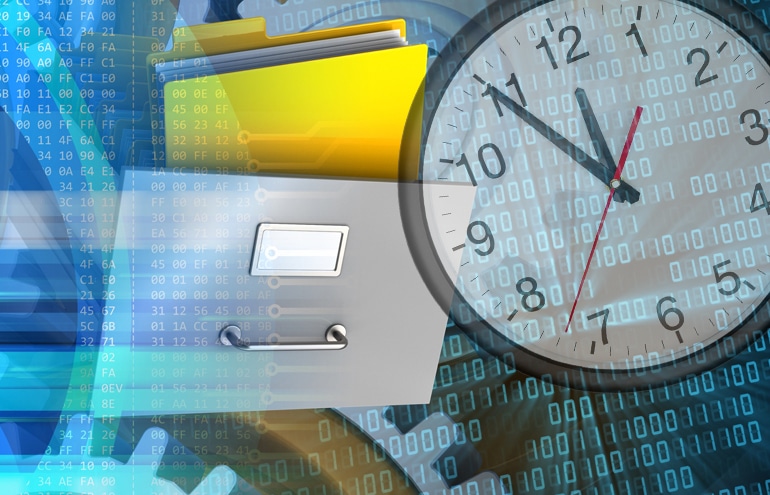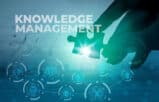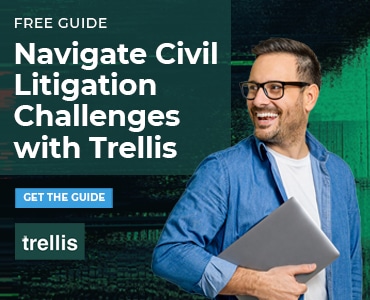I often ask myself how we ever got along without the internet. It’s so helpful when it comes to looking up information such as statutes, court forms and court procedures. Unfortunately, the internet sometimes doesn’t have the information I’m looking for. I have found that the most cost-effective and timely way to obtain the information is to call or email a law librarian. The three examples below prove my point.
Law Librarians to the Rescue
I recently needed a specialized court form from Maricopa County Superior Court titled “Defendant’s Financial Statement.” It was not available online or from the clerk’s office, Initial Appearance Court or Pretrial Services. I called a law librarian at the Maricopa County Law Library who quickly located the form and emailed it to me. Sure, I could have wasted hours creating a similar form or trying to find a nearby court that had some, but it was so much easier to call a law librarian and have him email it to me.
In another example, a client had been told by the Tarrant County Clerk’s office in Texas that there was a legal form in a Texas law book she could use to have her misdemeanor conviction expunged. A few minutes of internet research revealed that the only available online form was for arrests that didn’t result in any charges or convictions. I emailed a Texas law librarian who emailed me the relevant statute and form — which confirmed that there was no way for her to have her misdemeanor conviction expunged. Once again, a law librarian saved me from wasting valuable time on what would have been pointless legal research.
Lastly, doing online research to find the exact language of a state or federal law more than 10 years old can be very frustrating. Even if they’re available online, I always fear that I’m not finding everything. This time, I showed up in person at the Arizona State Capitol Research Library to research what turned out to be 27 amendments to A.R.S. Section 13-3821. The law librarian cheerfully showed me where the law books were and how to use them. Another employee copied the relevant parts while I waited. Talk about service!
Pointers for the Library Patron
Whether you are just starting out, starting a solo practice or are a seasoned practitioner, here are some tips on working with law librarians to save you time and money:
- Know what you’re looking for. A law librarian is not your pro bono lawyer or legal assistant who will brainstorm along with you. Asking targeted questions after you have done your own research will help a law librarian find the answers you’re looking for.
- Emailing can be almost as fast as a phone call. Many law libraries allow you to email questions to a law librarian. I have never had a law librarian take more than a day to answer an email. (Some law schools also have live chat “Ask a Librarian” services.)
- County and state law libraries may be a better option than law school libraries. Law school librarians must contend with many more patrons, i.e., law students who need or expect more help. In contrast, law librarians who work at county and state law libraries are helping lawyers who usually turn to them after they’ve exhausted all their research options. These law librarians have more time to devote to their attorney-patrons. Other intangibles, such as free parking and help with photocopying, often make county and state law libraries better options for the practicing attorney.
Start saving time and money today by making friends with your local law librarians!
Illustration ©iStockPhoto.com
Related Resources
- Legal research pros Carole Levitt and Mark Rosch of Internet for Lawyers offer several handy research tips books, including “The Cybersleuth’s Guide to the Internet,” “Find Info Like a Pro,” “Google for Lawyers: Essential Search Tips and Productivity Tools” and “Internet Legal Research on a Budget.” Their Internet Investigative Research Update blog keeps readers up to date with free and low-cost investigative and background research resources freely available on the internet. The blog also covers search engine search tips with a focus on Google and its features, functions and productivity tools.
- The American Association of Law Libraries is an excellent source of information on legal research and technology, including topics such as artificial intelligence and data analytics, knowledge management. AALL’s annual conference has become a must-attend for legal information professionals and legal technologists. Check out AALLnet.org for the AALL’s deep Body of Knowledge membership resources, as well as its public research resources.
Subscribe to Attorney at Work
Get really good ideas every day for your law practice: Subscribe to the Daily Dispatch (it’s free). Follow us on Twitter @attnyatwork.























